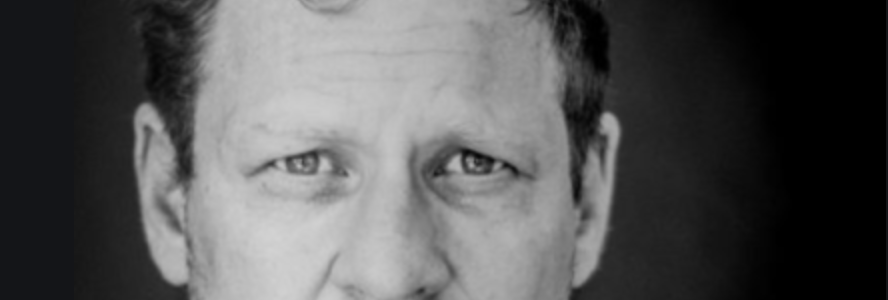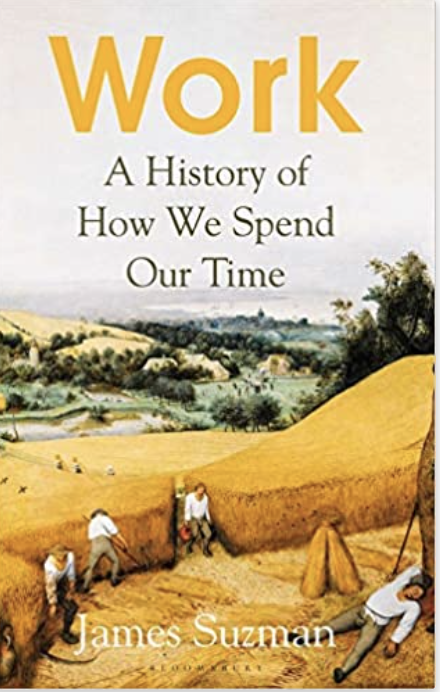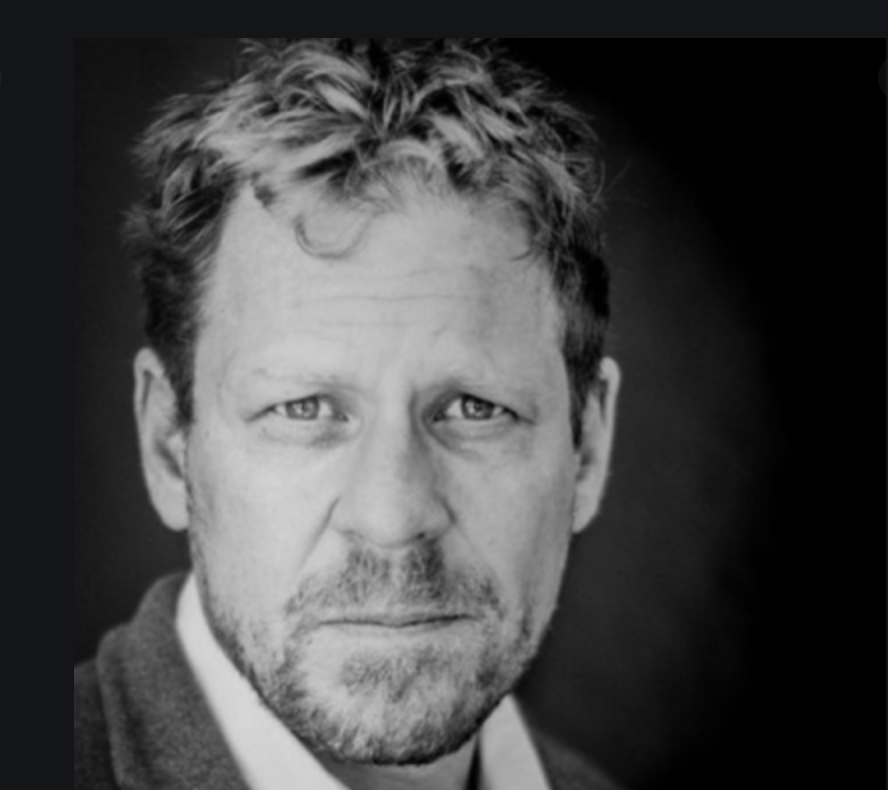
How to Think to upside down?


New History of humankind through the prism of work from the origins of the life on Earth to our ever-more automated present. The work we do bring us meaning, moulds our values, determines our social status and dictates how we spend most of our time. How did work become the central organisational principle of our societies and transform our bodies,, our environments, our views on equality and our sense of time?
With the advent of Covid-19 pandemic, as a result of offices suttering around the world forcing several to work from home is the new freedom which can turn into agony, your ability think nibbling you self-esteem, slobbing in tracksuit trousers and carved of human contact.
Lockdown, Furlough and job losses stirred the reflection on the value of companionship and colleagues.
Employers complained that lack of serendipitous conversations hurt creativity and employees discovered, Zoom, Team was too transactional unable to gossip and detect nuance.
Although technology had already transformed work long before Covid-19as the lonely remote worker knew only too well, the pandemic acted as catalyst for some of these trends and made future work an urgent concern amid uncertainties.
Today, employees across the world are seamlessly connected and algorithms sift through data far smoothly than any human. Work fulfils a psychic, financial, and social need.
James Suzman’s Work: a History of How we spend our time, scans through 300, 000 years. For three decades anthropologists has studied the JU/ “honasi” Bushmen of Southern Africa’s Kalahari, who lived like their ancestors had done for millennia until they were dispossessed of their land in the second half of the 20thcentury.
Suxman demonstrates that, rather than struggling for scarce resources, the JU Honasi were relaxed and optimistic about their food supplies.
They did not accrue reserves but worked short stints to find and prepare their food, leaving them free to devote most of their time to leisure.
According to Suzman there is nothing inevitable to about how organise our work today, nor the weight we place on it. “ For most human history our ancestors were not as preoccupied with scarcity as we are now, which reminds us there is far more to work than our efforts to solve the economic problem.”
Suzman also explores a vast terrain Termites creating “intergenerational social communities, social anthropology, the arrival of agriculture, the industrial revolution and the rise and demise of company man. Suzman writes that “modern urban societies, where people performed many, often very different roles, so developed very different perspectives of the world making it harder to bind people together” caused social anomie fuelled by “malady of infinite aspiration”.
Suzman is the opinion that “constant and unpredictable change has become the4 new normal”. Social workforce has proven to be more productive – US firefighters who ate together performed better.
Work: A History of How We Spend Our Time by James Suzman, Bloomsbury £25, 464 pages
